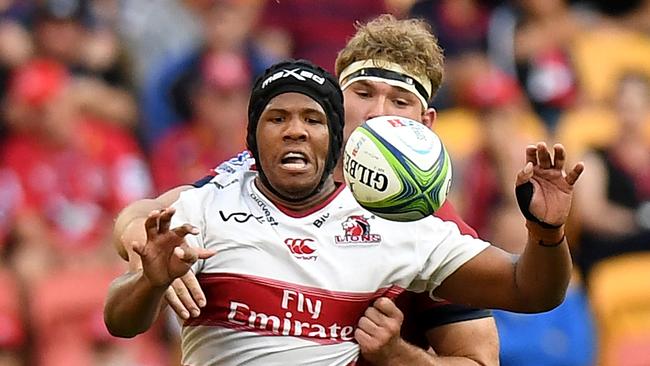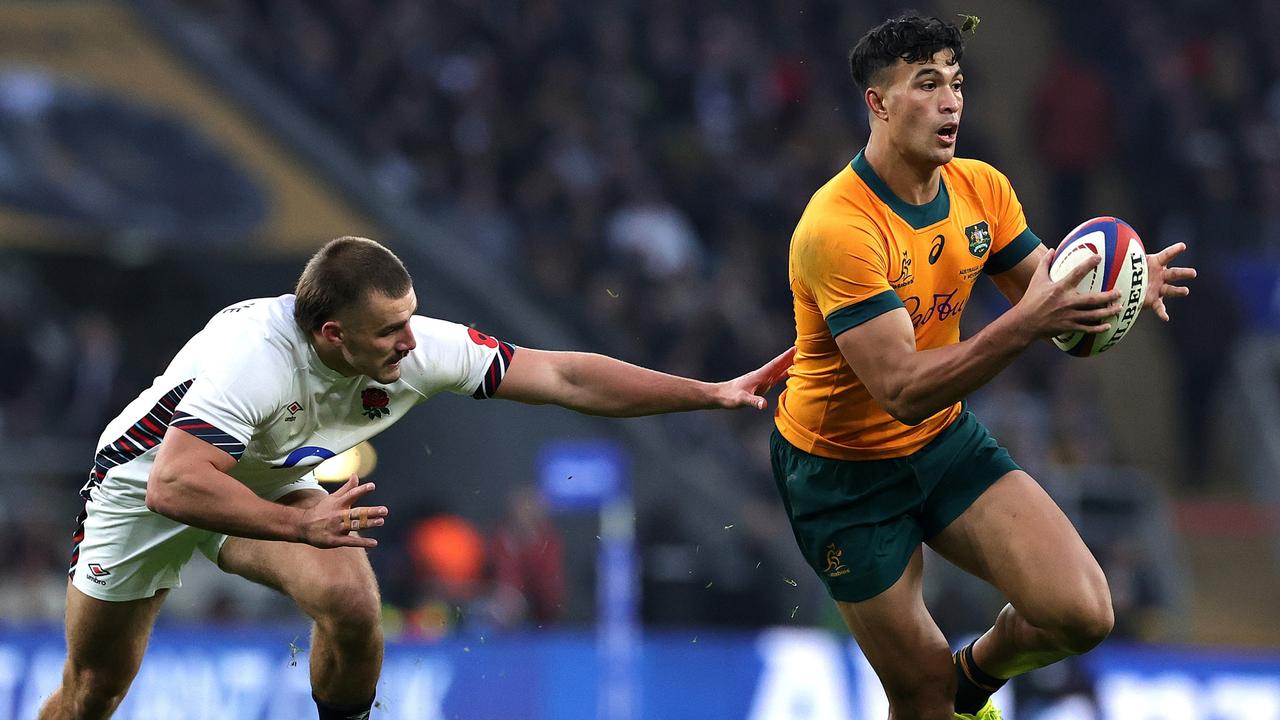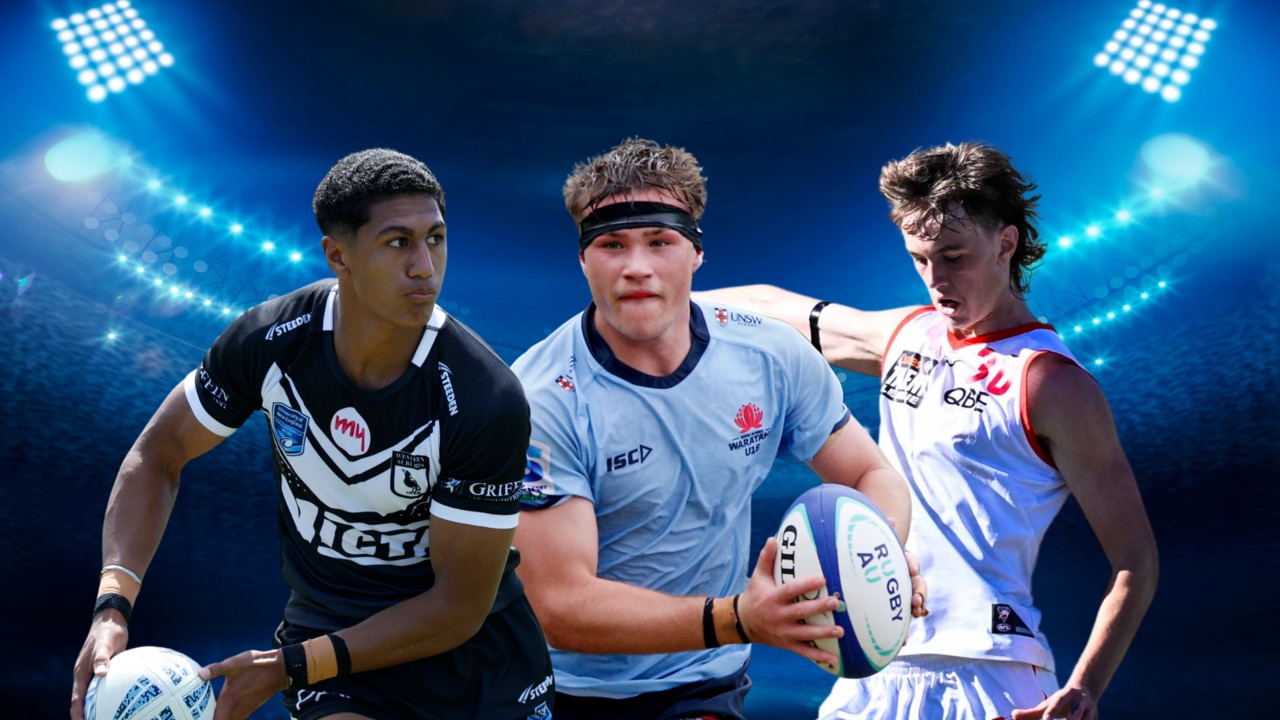SANZAAR deny South Africans will bail out of Super Rugby
SANZAAR dismissed a report that South African teams were planning to bail out on Super Rugby but it could still happen.

SANZAAR, the body which controls southern hemisphere rugby, yesterday dismissed a Welsh report that South African teams were planning to bail out on Super Rugby to join the British Pro14 competition in 2019-20 as “simply wrong”.
But in the byzantine world of SANZAAR politics, what is wrong today might very well be right tomorrow.
According to a report on WalesOnline, the Sharks were keen to make the move to the Pro14, following in the footsteps of the Cheetahs and Southern Kings, the two South African sides culled along with the Western Force of Australia from Super Rugby in last year’s SANZAAR scale-down of the competition from 18 teams to 15.
The report also indicated that two other South African teams, the Stormers and the Lions, were sufficiently disenchanted with Super Rugby to be considering making the move to the northern hemisphere. Such a move has always had a certain appeal to the South Africans because Britain is in the same time zone.
At present any Super Rugby matches played in either Australia or New Zealand are scheduled for early morning, South African time. The added attraction is that officials see a systemic switch from southern hemisphere to northern as a means of keeping the Springboks and other leading players still inside the circle of South African rugby. More than even Australia or New Zealand, South Africa loses a massive amount of rugby talent to Europe each year because the rand is so much weaker than the pound or euro.
The fact that the Cheetahs, who were regarded as one of the weakest of the South African teams, managed to succeed in their debut season in Britain, reaching the quarter-finals, was further encouragement to the Lions, Sharks and Stormers.
SANZAAR wasted no time yesterday dismissing the report. Chief executive Andy Marinos insisted his organisation was going through a detailed strategic planning process through to 2030 in which all future formats — maintaining the status quo, expansion and contraction, across a range of competitions — were on the table.
“As part of this process, the member unions have fully committed to the strategy and their future participation,” Marinos said in the statement. “Any talk of a change to the stakeholder relationship and partners withdrawing, creation of new teams in new markets and trans-Tasman competitions is unsubstantiated speculation and simply wrong.”
Part of the blue sky thinking even included embracing the new professional competition in the United States, although the widespread criticism that followed the leaking of those details in the media suggest there is little possibility of the American option being explored, at least at this early stage.
But indications are it would only take some encouragement from Pro14 officials to push South Africa over the edge, especially as teams such as the Sharks have explored this option last year of their own accord, even though they were not one of the teams slated to be axed from Super Rugby.
It was suggested in the South African media their clubs might use the threat of bailing out on Super Rugby as a means of wringing Super Rugby concessions out of SANZAAR.
Australia have made it known that is precisely what they want to happen, for South Africa to withdraw to Europe, which would leave RA free to pursue its preferred Super Rugby model, a trans-Tasman competition.
Yet Australia should be also be warned to “be careful what you wish for”. At present, an Australian franchise plays a New Zealand team on average once a month; a trans-Tasman competition would see such matches taking place at least once a fortnight — and NZ has won the past 38 matches against Australian teams.
It is unclear when SANZAAR will decide on what iteration of Super Rugby it will take to broadcasters ahead of the 2020 deadline. It will hold a board meeting in London next week and another in September, at a venue to be confirmed.
While in London, deputy-chairman of Rugby Australia Brett Robinson will hold meetings with British and French clubs to discuss the challenges that Australia — and indeed all of its SANZAAR joint venture partners — face as a result of the constant plundering of their talent by northern hemisphere clubs.
“We’re trying to see if we can find a way to ease some of the pressure that’s hurting us and now it’s also starting to hurt New Zealand,” Robinson said.


